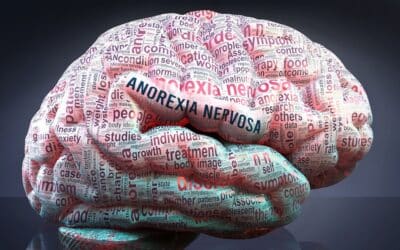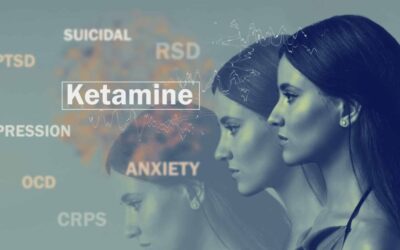ADHD, or Attention Deficit Hyperactivity Disorder, is a neurodevelopmental condition that affects millions of people worldwide. Despite significant advancements in research and understanding, many misconceptions about ADHD persist, often leading to stigma and misunderstandings. In this blog post, we will explore some of the most common myths surrounding ADHD and shed light on the reality of this condition.
About ADHD and its treatment
ADHD typically manifests in childhood and can persist into adulthood. It is characterized by a persistent pattern of inattention, hyperactivity, or impulsivity. Symptoms may include difficulty paying attention, being easily distracted, fidgeting, restlessness, impulsivity, and excessive talking. While the exact causes of ADHD are not fully understood, research suggests that it is likely influenced by a combination of genetic, environmental, and neurological factors.
Treatment for ADHD often involves a combination of medication and therapy. Stimulants, such as methylphenidate or amphetamine, are commonly prescribed to help manage symptoms. Therapy, such as cognitive-behavioral therapy (CBT), can help individuals develop coping skills and strategies for managing ADHD. In some cases, a combination of medication and therapy may be most effective.
Common myths about ADHD
Myths about ADHD often arise from a lack of understanding and awareness about the condition. These myths can perpetuate stigma and discrimination, making it difficult for individuals with ADHD to get the support and treatment they need. Let us debunk those most often mentioned.
Myth 1: ADHD is Only for Children
One of the most pervasive misconceptions about ADHD is that it is a condition that only affects children. While it is true that ADHD is often diagnosed in childhood, it is important to note that the symptoms can persist or even emerge in adulthood. Many adults with ADHD may have gone undiagnosed for years, leading to significant challenges in their personal and professional lives.
Myth 2: ADHD is a Choice or Lack of Effort
Another common misconception is that ADHD is simply a matter of choice or a lack of effort. This is a harmful belief that can stigmatize individuals with ADHD and lead to feelings of shame or guilt. ADHD is a neurodevelopmental disorder that affects the brain’s ability to regulate attention, impulsivity, and hyperactivity. It is not a choice, and it cannot be overcome simply through willpower.
Myth 3: ADHD is a Mental Illness
While ADHD can certainly impact an individual’s mental health, it is not considered a mental illness in the traditional sense. It is a neurodevelopmental disorder, meaning that it originates in the brain’s structure and function. However, individuals with ADHD are at a higher risk of developing mental health conditions, such as depression, anxiety, and substance abuse.
Myth 4: ADHD Medication is a Cure-All
While medication can be a helpful tool for managing the symptoms of ADHD, it is not a cure-all. Medication can help individuals with ADHD improve their focus, attention, and organization, but it does not address the underlying causes of the condition. It is often used in conjunction with other treatments, such as therapy or behavioral interventions.
Myth 5: People with ADHD Are Lazy or Unmotivated
This is a harmful stereotype that can have serious consequences for individuals with ADHD. While some individuals with ADHD may struggle with motivation, it is important to remember that they are not lazy or unmotivated by choice. The symptoms of ADHD can make it difficult to stay focused, organized, and motivated.
Myth 6: People with ADHD Cannot Succeed
With the right support and accommodations, people with ADHD can achieve great success in all areas of life. It is important to challenge this misconception and encourage individuals with ADHD to pursue their goals and dreams.
Getting Help at LGTC Group
If you or someone you know is struggling with ADHD, it is important to seek professional help. At LGTC Group, we offer a range of services to help individuals with ADHD, including:
- Comprehensive evaluations to diagnose ADHD and other conditions.
- Medication management to help manage symptoms.
- Therapy to develop coping skills and strategies for managing ADHD.
- Support groups to connect with others who understand the challenges of ADHD.
By debunking common misconceptions about ADHD and seeking appropriate treatment, individuals can live fulfilling and successful lives. Don’t hesitate to reach out!










